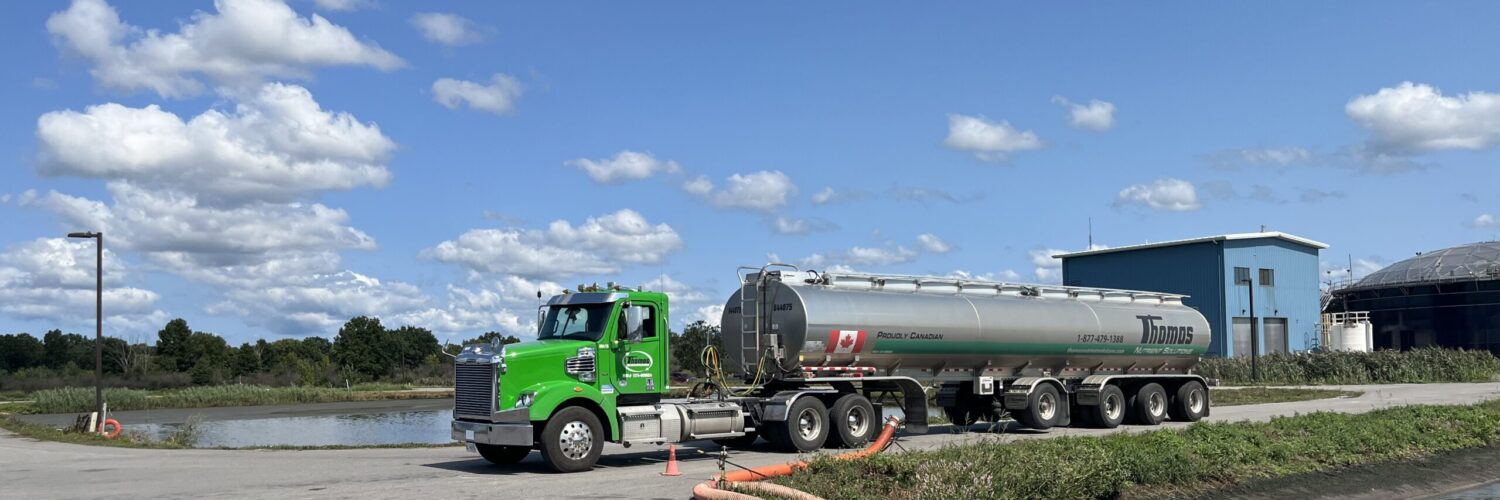By now the terms “coronavirus” and “Covid-19” have become the most significant words of 2020 because of its impact around the globe. The world is currently in the midst of a global pandemic and it now affects almost every facet of life. It is important to know more about this contagion and how it affects the wastewater industry.
Covid-19 is the disease brought about by a new coronavirus called the SARS-CoV-2 which was identified in late 2019. The virus quickly spread from China and brought infections to many parts of the world which prompted the World Health Organization (WHO) to declare the Covid-19 outbreak as a global pandemic on March 11, 2020.
Coronaviruses (CoV) come from a large family of viruses that cause illnesses ranging from the common cold to acute respiratory distress syndrome (ARDS). It is also this family of viruses that brought diseases such as Middle East Respiratory Syndrome (MERSCoV) and Severe Acute Respiratory Syndrome (SARS-CoV).
Questions remain regarding the effect of Covid-19 on public health and the potential risks it poses to the wastewater sector and the use of biosolids in agriculture.
Health Canada recommends that the key to safeguarding public health is through physical distancing and the use of enhanced hygiene practices such as hand washing, cleaning and disinfecting surfaces, coughing and sneezing into an elbow, staying home if unwell, refraining from touching eyes, nose, and mouth with contaminated hands, and avoiding contact with others if they have cold and flu like symptoms.
The WHO advises the wastewater treatment sector to continue the health and safety practices they already employ to protect operators which include wearing appropriate personal protective equipment (PPE): boots, gloves, safety goggles, face shields (or masks), as well as increased hand hygiene. As a standard precaution, workers in the field already do this daily and continue to exercise diligence with these practices.
According to the WHO, “there is no evidence to date that COVID-19 virus has been transmitted via sewerage systems, with or without wastewater treatment. Furthermore, there is no evidence that sewage and wastewater treatment workers contracted SARS, another type of coronavirus that caused a large outbreak of acute respiratory illness in 2003.”
They also state that “the safe management of drinking-water and sanitation services applies to the COVID-19 outbreak…extra measures are not needed”.
Most WWTPs in Ontario use effective treatment processes for biosolids such as sunlight, elevated pH levels, and biological activity that serve to accelerate the destruction of pathogens such as viruses.
A study in 2009 confirmed that coronaviruses die off very rapidly in wastewater, with a 99.9% reduction in 2–3 days, which is comparable to the data on SARS-CoV survival.
Agricultural land application of biosolids follows strict rules and regulations set by the Provincial Nutrient Management Act to minimize environmental and human health risks by:
• Regulating metals and pathogens,
• Requiring soil testing prior to land application,
• Restricting application rates,
• Regulating waiting periods for animal grazing or food crop production, and
• Requiring separation from wells, residences, surface water, bedrock, and the water table etc.
Agricultural land application of biosolids is supported by over 40 years of experience in Ontario, Canada, and the USA, and numerous robust scientific studies conducted by federal and provincial regulators in North America, the US Academy of Sciences, the US Centres for Disease Control, and academic institutions worldwide.
If you are a municipality in Ontario and in need of a biosolids management solution, please feel free to contact us at 1 (877) 479-1388.
Sources:
https://www.weao.org/
Waterwater Treatment Guidelines

